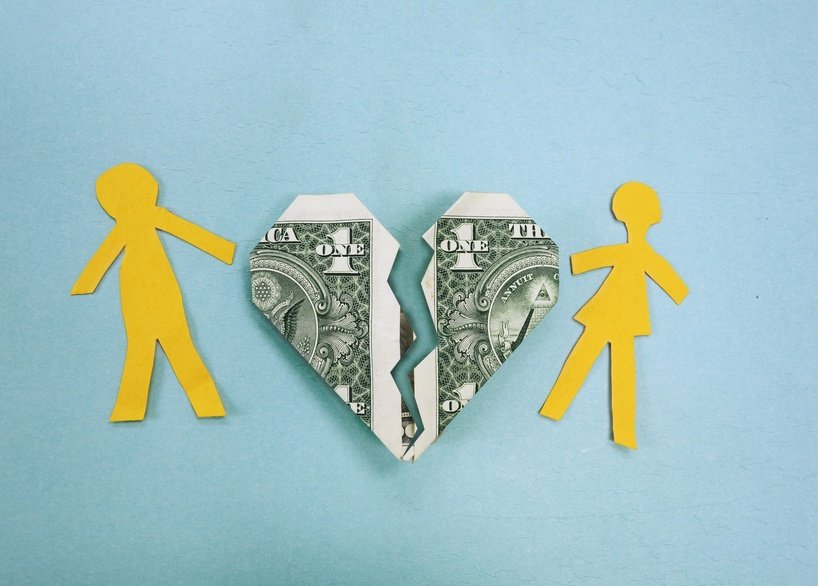On April 18, 2013, after an hour of emotional debating, the Florida House passed SB 718 that would, according to an article by Kathleen Haughney and Lisa Huriash of the Sun Sentinel, do a number of things, including:
- end permanent alimony
- cap spousal support awards based on a person’s income and the length of the marriage
- make it easier for an ex-spouse to terminate or lower alimony payments upon retirement
- give parents equal timesharing of any children in the marriage
Representative Ritch Workman, R-Melbourne, sponsored the bill in an effort to bring about “fairness” and says that the changes “would help families and make divorce more manageable.”
Schedule a Personalized Divorce Assessment With an Attorney Now!
Other proponents of the bill are “trying to update divorce laws, which they said were written at a time when women were expected to stay home. They argued that the current law could bind divorced spouses financially for life, depending on a judge’s ruling, and there needed to be stricter guidelines for the court.”
According to an article by correspondent Christine Jordan Sexton of Jackson Business Journal, opponents feel the measure “would punish women who chose to remain in the home and help raise children.”
Sexton said supporters of the bill, “contend the guidelines are necessary because judges today have too much leeway in considering alimony.” While Representative Ritch Workman, who sponsored the bill, said “he wanted to give judges discretion in cases where there were special circumstances, such as a large number of children or children with disabilities. Or, a spouse may need alimony for a longer time because he or she suffers from mental illness.”
Haughney and Huriash report an uncertainty about what Governor Scott will do with the bill given the representatives on both sides of the issue , the Florida Bar’s section of Family Law opposing it, and Florida Alimony Reform rooting for a win.
The possibility that Florida divorce laws about spousal support will change has increased dramatically. While legislators wait for Governor Scott ‘s signature or veto, Florida divorce lawyers in Palm Beach County try to anticipate the ramifications for their clients.


